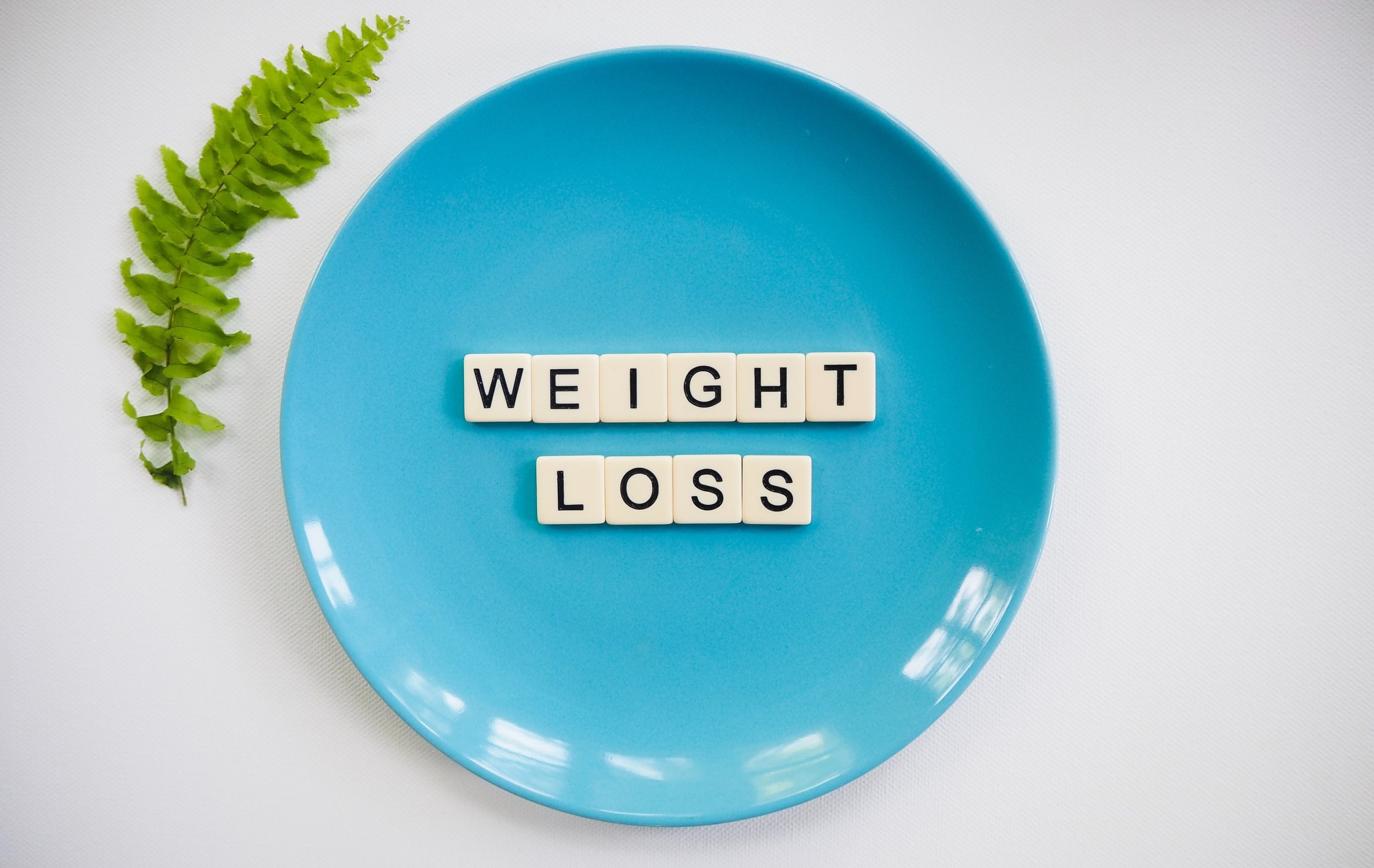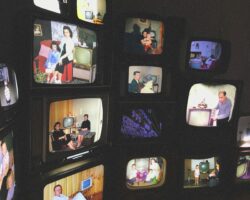Experiment and natural curiosity turned into a new way of life and things two sizes smaller
It seems that today only hermits have not heard about fasting, or intermittent fasting: fasting of various durations is practiced by the best minds of Silicon Valley, Hollywood stars, models, podcast hosts, micro and macro influencers; Amazon Prime dedicates a documentary to him, the TED Talk on fasting becomes one of the most watched, and the Japanese scientist receives the Nobel Prize for his discovery of the mechanisms of autophagy, or cell self-cleaning, triggered by the body during fasting.
A personal experience
I knew about most of these things a few years ago, but then for one reason or another they did not find a response in me. Not that they did not seem convincing to me – no, I listened to the lecture with interest and read the reviews – and continued to eat the old way, despite the illustrative example of my husband, who practiced fasting long before we met.
The turning point happened in September last year, when the figure on the scales reached an all-time high. In addition, at the age of 27, I suddenly began to notice that things that had not left any traces before – a sleepless night, after-hour fast food, an extra cocktail – began to make themselves felt. At that moment, I remembered about fasting and decided that his time had come.
As I said, my husband has been practicing intermittent fasting for several years now, and with this I was lucky for several reasons. Firstly, from the very beginning, I had a partner who was ready to share his experience, advise, guide and sympathize. Secondly – and this is the key point – our fasting coincided by the clock, which means that, returning home, I could not be afraid that I would have to watch him eat, while my timer had already started counting down to the next meal. …
By the way, about counting. There is fasting of varying degrees of duration: 13:11 (where you need to fast for 13 hours, and you are allowed to eat for 11 hours), 16: 8, 18: 6, 20: 4, 36 hours, 48 and even 72 hours. I settled on the second option: I starved for 16 hours, ate for eight.
At first it was quite difficult to stop eating at 17-18 hours, because I went to bed quite late and had time to get hungry. The feeling of hunger passed after about two weeks: probably this time was enough for the stomach to shrink in size. Plus, I started to try to include in my last meal as much protein and fat as possible and to minimize the simple carbohydrates that make us feel atrocious in the morning (remember how often you dined with burger, fries and cola, when it seemed already impossible breathe, and the next morning woke up with the feeling that the last time they ate a week ago). And this is the most amazing thing that I have encountered while practicing fasting: even if I go to bed hungry, after 16 hours I do not want to eat.
It so happened that in parallel with intermittent fasting, regular sports came into my life. From September until the quarantine of the gyms, I was fanatical about interval training three times a week. I think that I would have lost weight without sports, but with two important caveats: it would take longer, and the muscles would not be in good shape. So besides the obvious benefits of regular exercise, I want to highlight two more things. Firstly, the effort spent in the gym serves as the best protection against unnecessary and harmful snacks for me personally. Secondly, sports paired with fasting relieved me of cellulite on the back of the thigh, with which, I confess, I was prepared to spend my whole life.
Many people I know practice fasting a couple of times a week, and while it’s better than nothing, it didn’t work for me. Perhaps it’s a matter of self-organization, but it’s easier for me to stick to something all the time, so that there is no desire to somehow “compensate” for the good endurance the day before. The secret is not to consider it a feat, but to turn it into your daily routine. Despite the popular belief that new habits are formed in 21 days, it took me about 1.5 months to make fasting a lifestyle.
At first, I used the Zero application, the main function of which is to remind you to either eat or stop eating. Everything is very simple: you start the countdown, and after 16 hours the app will notify you that you can now eat. After eight hours, you turn it on again – and again you stop eating for 16 hours. Of course, you can do without the application, mentally marking the time of the last meal, but at first it helped me purely psychologically. Plus, in the Learn section, you can read articles that have answers to popular questions, especially relevant for beginners.
Another thing I love about fasting is that, unlike dieting, it allows you to not give up on something you love. Some do not even make any adjustments to the diet, except for temporary ones. I still removed snacks and fast food, but, as I wrote above, sports helped me more in this, or rather, the unwillingness to negate my own efforts in the gym.
From the very beginning, I agreed with myself that I would not observe fasting when traveling. Even if there are still a few months before the next vacation, intermittent fasting is easier and more enjoyable, knowing that I will soon try a real pastel in Portugal. In addition, even at a time when I allow myself everything, I, with all my desire, can no longer eat as indistinctly as before.
Hope my experience inspires you to try intermittent fasting. If you have been going for a long time, but could not make up your mind, regard this as a sign, and quarantine as a talisman against going to your favorite restaurant late in the evening. The only advice in the end: just in case, consult your doctor, especially if you have problems with the stomach, gastrointestinal tract, or have had ulcers.






